OpenAI signs another chip deal, this time with AMD
AMD deal is worth billions, and follows a similar partnership with Nvidia last month

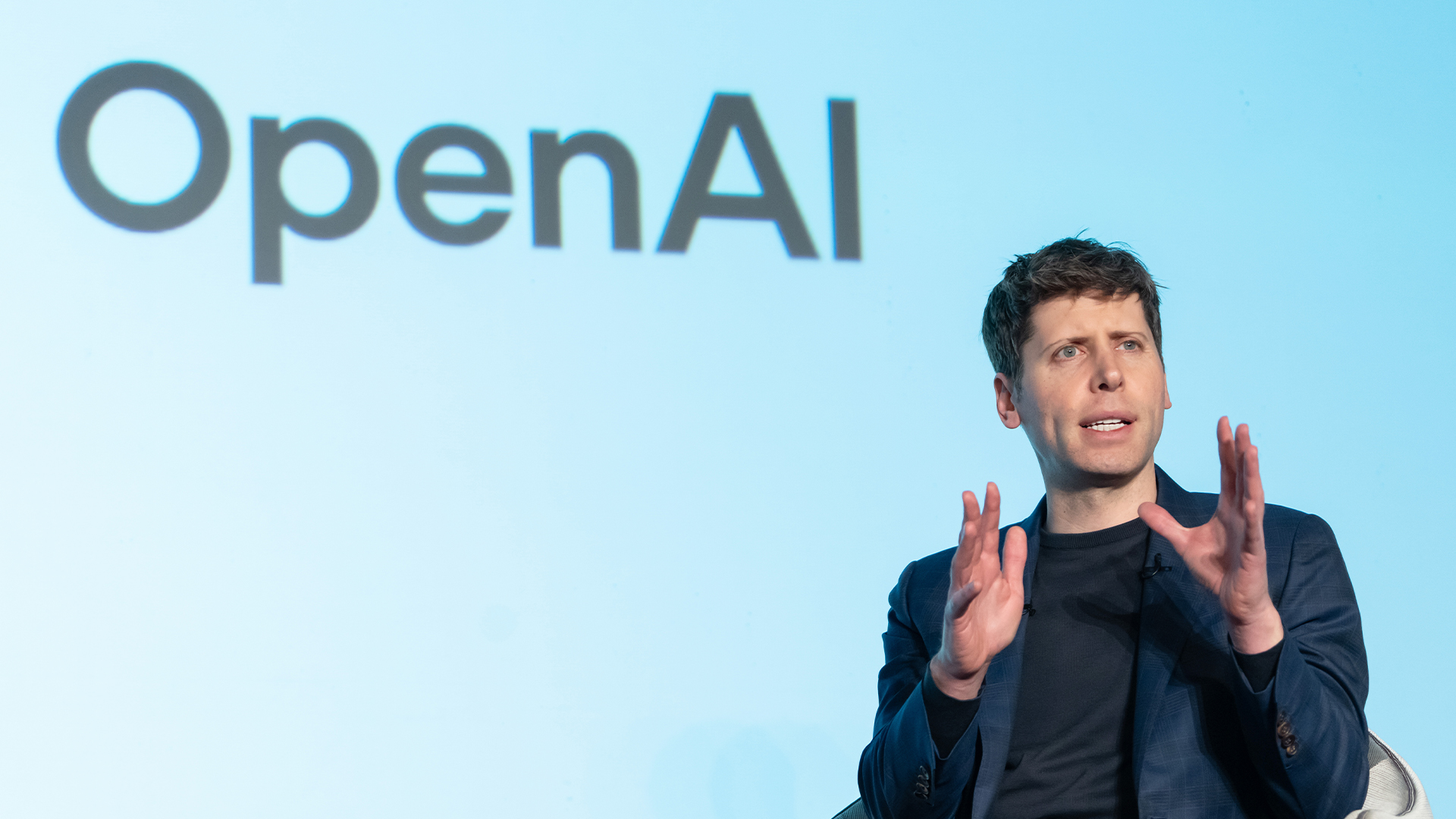
Sign up today and you will receive a free copy of our Future Focus 2025 report - the leading guidance on AI, cybersecurity and other IT challenges as per 700+ senior executives
You are now subscribed
Your newsletter sign-up was successful
OpenAI has signed a deal with AMD worth as much as $100 billion to the latter over several years – and could see the AI leader taking a 10% stake.
As part of a flurry of tech reveals and partnership announcements, OpenAI said it would use 6 Gigawatts of AMD GPUs via a multi-year, multi-generation deal that will start with a one-gigawatt deployment in the second half of next year of AMD's Instinct MI450 Series GPUs.
"By sharing technical expertise to optimize their product roadmaps, AMD and OpenAI are deepening their multi-generational hardware and software collaboration that began with the MI300X and continued with the MI350X series," OpenAI said in a statement announcing the deal. "This partnership creates a true win-win for both companies, enabling very large-scale AI deployments and advancing the entire ecosystem."
In order to "further align" the two companies' strategic interests, AMD has given OpenAI the ability to buy up to 160 million shares at a low fixed price, which will vest as the pair hit key milestones, including that first 1GW deployment but also share price targets. That could see OpenAI taking a 10% stake in AMD.
"This partnership is a major step in building the compute capacity needed to realize AI's full potential," said Sam Altman, co-founder and CEO of OpenAI.
The deal follows a similarly massive partnership worth $100bn with rival chipmaker Nvidia.
Big news for AMD
While OpenAI has used AMD chips before, the deal is a big one for a chipmaker that until now has "trailed" rival Nvidia in the AI boom, noted one analyst. "AMD has really trailed Nvidia for quite some time," Leah Bennett, chief investment strategist at Concurrent Asset Management, told Reuters. "So I think it helps validate their technology."
Sign up today and you will receive a free copy of our Future Focus 2025 report - the leading guidance on AI, cybersecurity and other IT challenges as per 700+ senior executives
AMD's stock jumped by nearly 30%, while Nvidia's fell slightly on the news of the deal, though the rival chipmaker signed its own $100bn deal for 10GW of infrastructure last month.
AMD executives told Reuters that it expected to start seeing revenue from the deal next year as the 1GW facility is built, and that the deal will be worth tens of billions in annual revenue for the chipmaker – and by sparking deals with other customers, be worth more than $100bn over the next four years.
"Our partnership with OpenAI is expected to deliver tens of billions of dollars in revenue for AMD while accelerating OpenAI's AI infrastructure buildout," said Jean Hu, EVP, CFO and treasurer of AMD, in a statement. "This agreement creates significant strategic alignment and shareholder value for both AMD and OpenAI and is expected to be highly accretive to AMD's non-GAAP earnings-per-share."
OpenAI's $1tn in deals
The AMD deal takes OpenAI above the $1 trillion mark in deals focused on infrastructure and deployment alone, notes the Financial Times.
That includes the partnerships with chipmakers AMD and Nvidia, as well as rollout deals signed with Oracle and Coreweave, that will see OpenAI gain 20GW of compute capacity in the next decade, the report notes, adding that OpenAI itself estimates each GW of capacity costs it about $50bn – hence the $1trn bill. That includes the $500bn Stargate plans.
However, analysts noted that OpenAI doesn't have the money to pay those bills – though nor does the wider industry, with Bain & Co warning the cost of compute for the wider AI market will top $2trn by 2030, with revenue falling at least $800 short. "OpenAI is in no position to make any of these commitments," Gil Luria, analyst at DA Davidson, told the FT.
The various stock options may help it fund its investments, and echo the Nvidia deal that sees that chipmaker invest money into OpenAI to effectively enable it to buy its hardware.
That said, such structures and the high costs have raised concerns that the AI market is a bubble, with one investor saying: "there's a reasonable chance that a tremendous amount of capital destruction is going to come through this cycle."
Make sure to follow ITPro on Google News to keep tabs on all our latest news, analysis, and reviews.
MORE FROM ITPRO
Freelance journalist Nicole Kobie first started writing for ITPro in 2007, with bylines in New Scientist, Wired, PC Pro and many more.
Nicole the author of a book about the history of technology, The Long History of the Future.
-
 ITPro Best of Show NAB 2026 awards now open for entries
ITPro Best of Show NAB 2026 awards now open for entriesThe awards are a fantastic opportunity for companies to stand out at one of the industry's most attended shows
-
 Mistral CEO Arthur Mensch thinks 50% of SaaS solutions could be supplanted by AI
Mistral CEO Arthur Mensch thinks 50% of SaaS solutions could be supplanted by AINews Mensch’s comments come amidst rising concerns about the impact of AI on traditional software
-
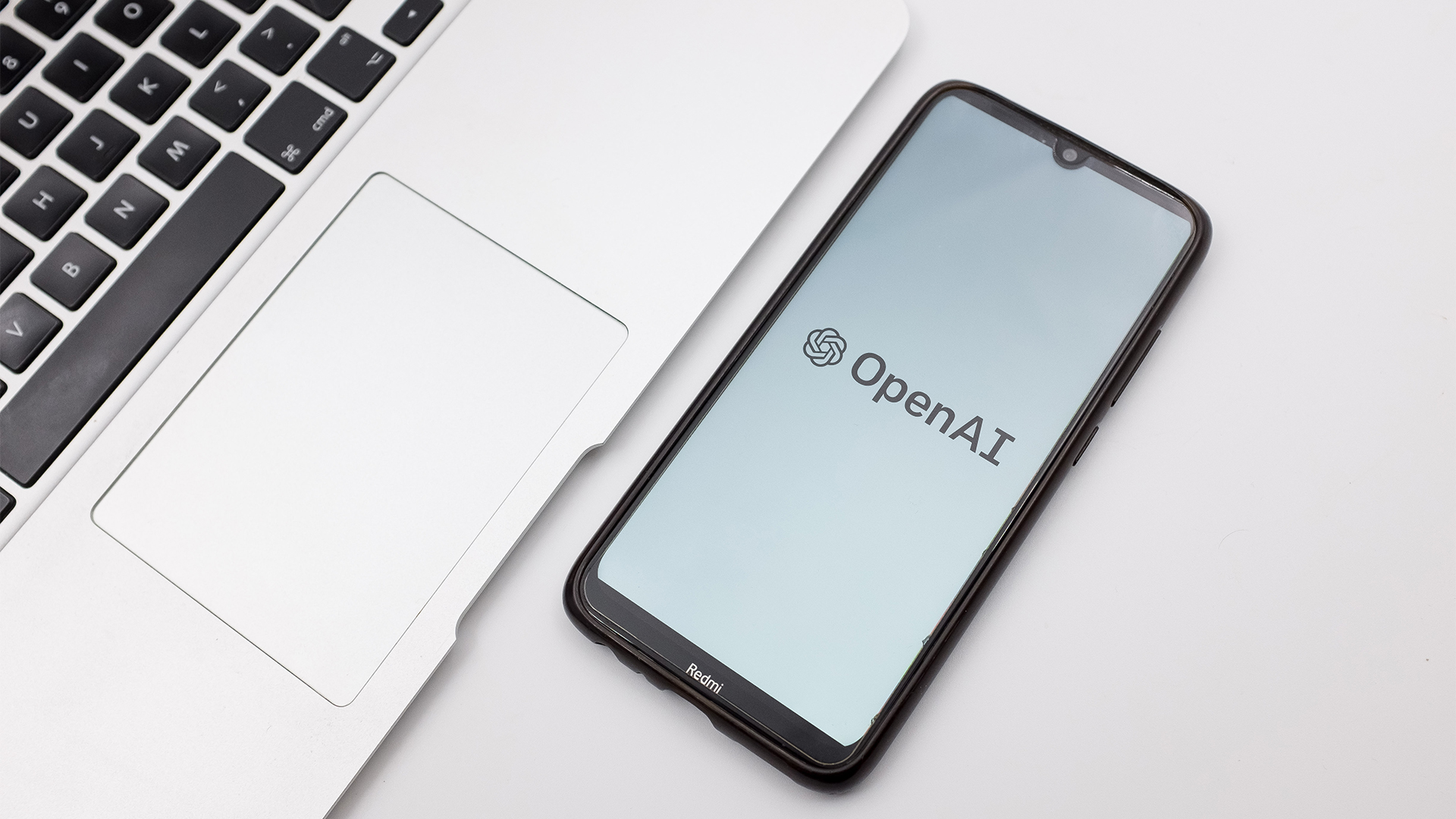 OpenAI's Codex app is now available on macOS – and it’s free for some ChatGPT users for a limited time
OpenAI's Codex app is now available on macOS – and it’s free for some ChatGPT users for a limited timeNews OpenAI has rolled out the macOS app to help developers make more use of Codex in their work
-
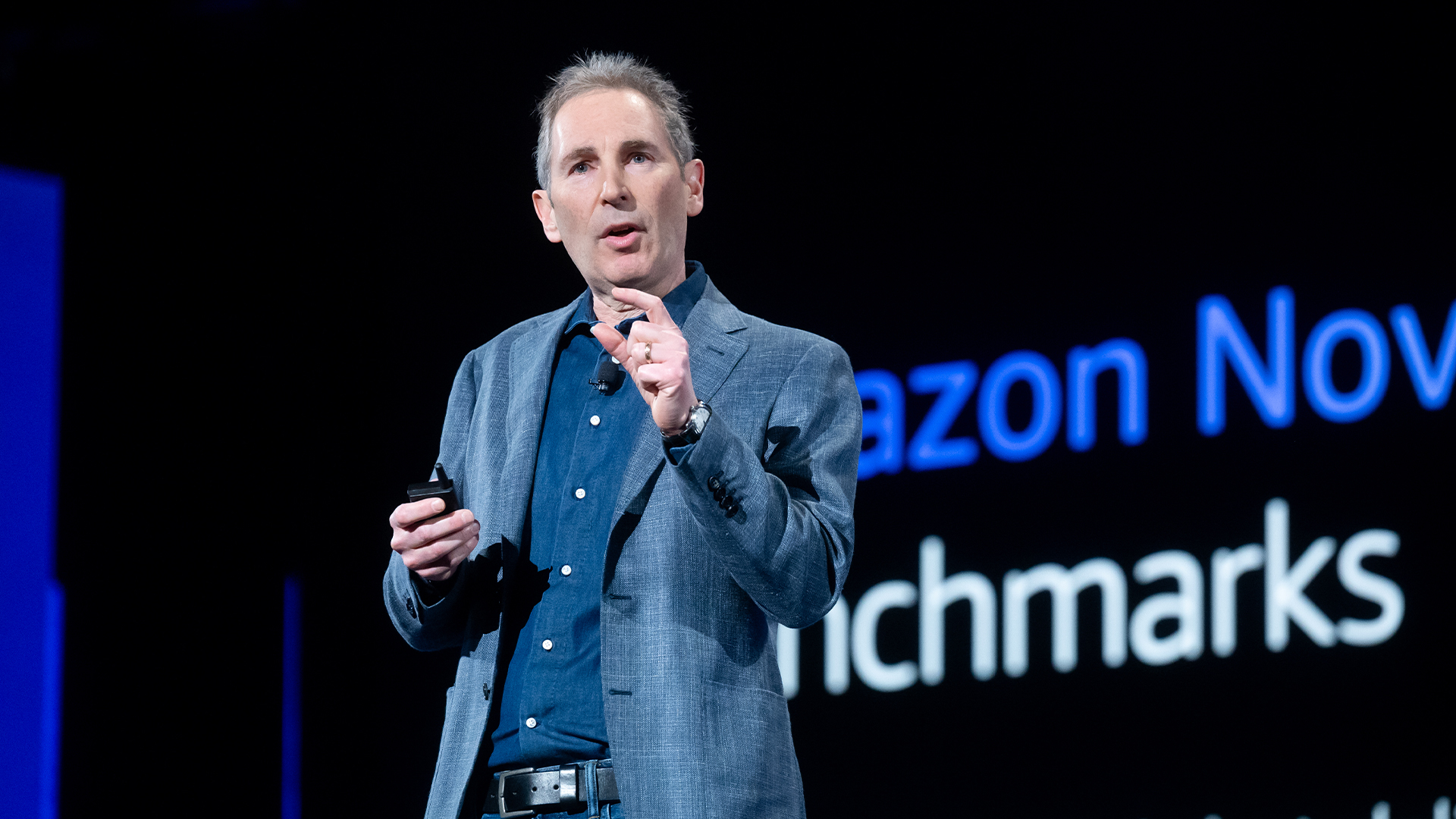 Amazon’s rumored OpenAI investment points to a “lack of confidence” in Nova model range
Amazon’s rumored OpenAI investment points to a “lack of confidence” in Nova model rangeNews The hyperscaler is among a number of firms targeting investment in the company
-
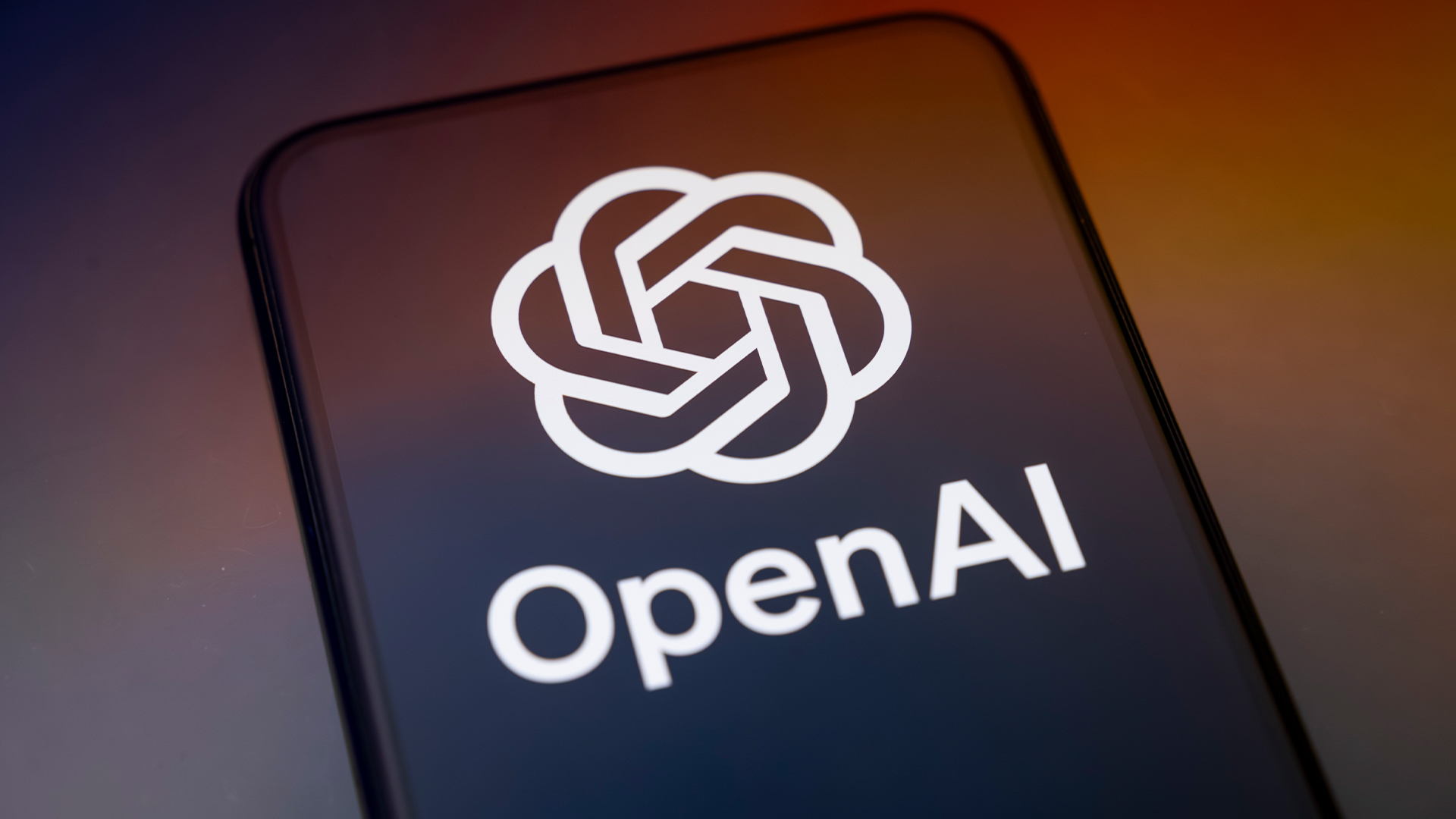 OpenAI admits 'losing access to GPT‑4o will feel frustrating' for users – the company is pushing ahead with retirement plans anway
OpenAI admits 'losing access to GPT‑4o will feel frustrating' for users – the company is pushing ahead with retirement plans anwayNews OpenAI has confirmed plans to retire its popular GPT-4o model in February, citing increased uptake of its newer GPT-5 model range.
-
 ‘In the model race, it still trails’: Meta’s huge AI spending plans show it’s struggling to keep pace with OpenAI and Google – Mark Zuckerberg thinks the launch of agents that ‘really work’ will be the key
‘In the model race, it still trails’: Meta’s huge AI spending plans show it’s struggling to keep pace with OpenAI and Google – Mark Zuckerberg thinks the launch of agents that ‘really work’ will be the keyNews Meta CEO Mark Zuckerberg promises new models this year "will be good" as the tech giant looks to catch up in the AI race
-
 DeepSeek rocked Silicon Valley in January 2025 – one year on it looks set to shake things up again with a powerful new model release
DeepSeek rocked Silicon Valley in January 2025 – one year on it looks set to shake things up again with a powerful new model releaseAnalysis The Chinese AI company sent Silicon Valley into meltdown last year and it could rock the boat again with an upcoming model
-
 OpenAI says prompt injection attacks are a serious threat for AI browsers – and it’s a problem that’s ‘unlikely to ever be fully solved'
OpenAI says prompt injection attacks are a serious threat for AI browsers – and it’s a problem that’s ‘unlikely to ever be fully solved'News OpenAI details efforts to protect ChatGPT Atlas against prompt injection attacks
-
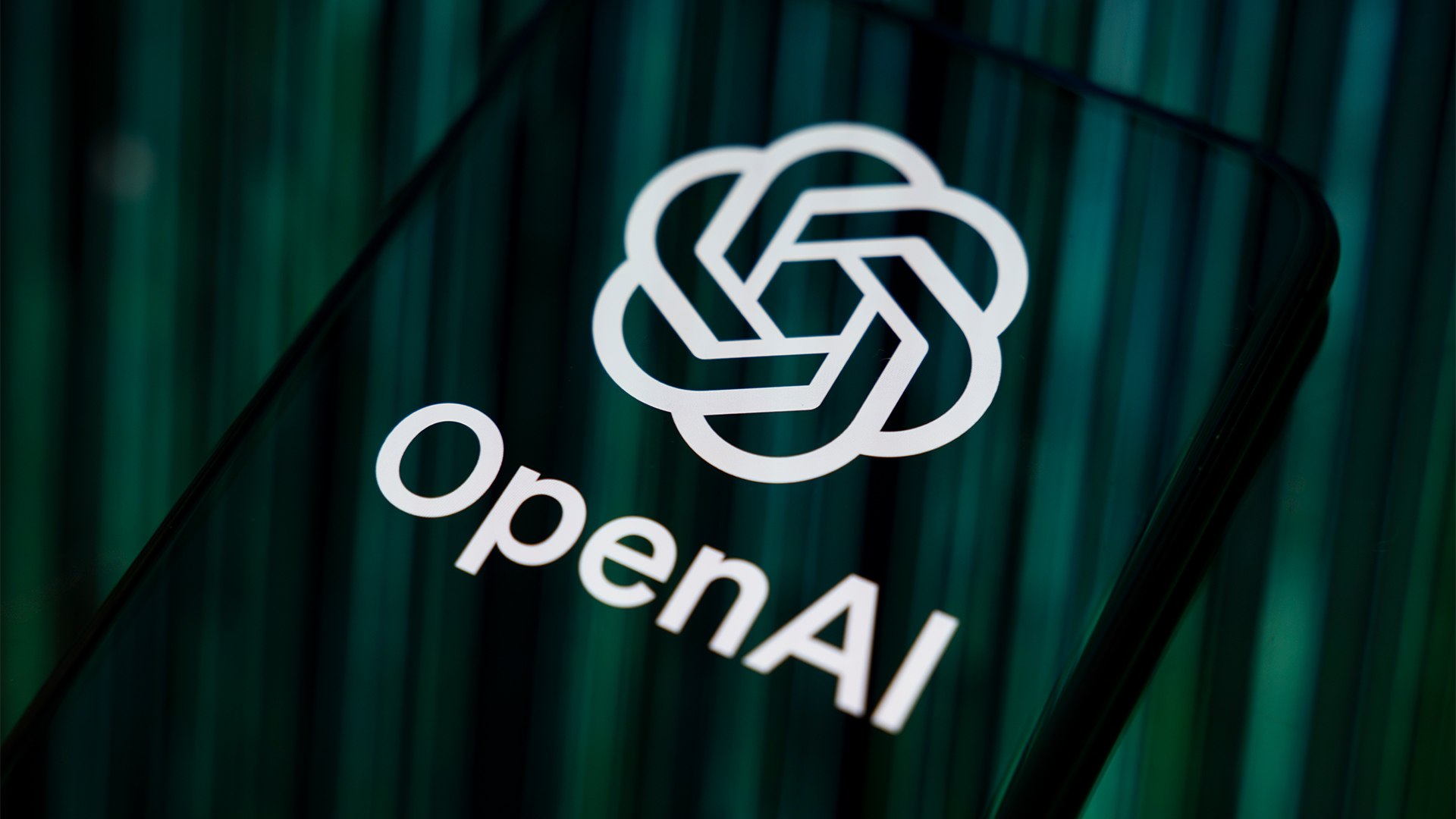 OpenAI says GPT-5.2-Codex is its ‘most advanced agentic coding model yet’ – here’s what developers and cyber teams can expect
OpenAI says GPT-5.2-Codex is its ‘most advanced agentic coding model yet’ – here’s what developers and cyber teams can expectNews GPT-5.2 Codex is available immediately for paid ChatGPT users and API access will be rolled out in “coming weeks”
-
 OpenAI turns to red teamers to prevent malicious ChatGPT use as company warns future models could pose 'high' security risk
OpenAI turns to red teamers to prevent malicious ChatGPT use as company warns future models could pose 'high' security riskNews The ChatGPT maker wants to keep defenders ahead of attackers when it comes to AI security tools
